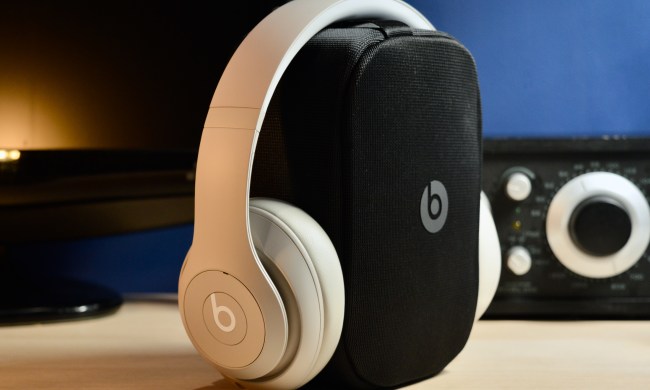Older millennials and audiophiles of all ages remember the loudness wars of the 1990s and mid-oughts, a time when records seemed to compete with each other almost exclusively by how loud they could thump your car speakers.
But what sounded great on car radios wasn’t so good for serious listeners. Impressing with volume is one thing, but squeezing a song so that it is at its maximum volume at all times — a process known as limiting or compression in audio engineering circles — removes dynamics and generally makes things feel less vibrant. That’s part of the reason why Apple developed the Mastered for iTunes initiative, which it has now been renamed Apple Digital Masters following the death of iTunes, according to Billboard.
It wasn’t just average listeners who were annoyed with the differences in loudness between older, analog pop records and their newer digital counterparts: Companies like Apple had serious problems with it when it came to playback. Put an older favorite next to a new one on your iTunes playlist, and you’d sometimes be forced to reach for the volume dial to keep the second track from blasting your ears off. The company wanted to make sure it was offering the best possible sound to its iTunes buyers.
If it could ensure that audio was being properly mastered to its own specifications, Apple realized that it could virtually guarantee songs would sound good when compressed from their original lossless format to the lower-quality AAC files the company offers via its download service.
And that’s how Apple, with its Mastered for iTunes initiative — a set of software tools and rules that allowed mastering engineers to create tracks that would translate more naturally to iTunes when compressed to Apple’s AAC format — helped put the final nail in the loudness wars’ coffin. It caught on quickly in the industry for obvious reasons. After all, why wouldn’t you want your songs to sound best on the biggest digital audio download service of its day?
Well, Apple’s initiative to make sure ex-iTunes customers are hearing their favorite songs in high quality is still doing great, and it’s got a shiny new name.
The extremely successful initiative, which currently contains 75 percent of the top 100 songs in the U.S. and 71 percent of the top global songs, has been officially renamed now that iTunes has kicked the bucket. Apple Digital Masters replaces Mastered for iTunes as the name of the company’s not hi-res, but still hi-res audio arm. It will likely continue to be a standard inside which many mastering engineers work in the digital realm. It’s also worth noting that Apple Digital Masters is different than Apple Lossless, which is a truly lossless audio format.
To check whether you’re listening to an Apple Digital Masters recording, just right click on the file on a Mac computer — it will tell you in the file information.
The name change and continuation of this initiative should be celebrated by anyone who remembers buying crappy-quality audio files online, or streaming songs in bad quality. Long live Apple’s digital mastering standard: It’s a big reason why digital and streaming music sounds nearly as good as CD quality on anything except the highest-end rigs.



